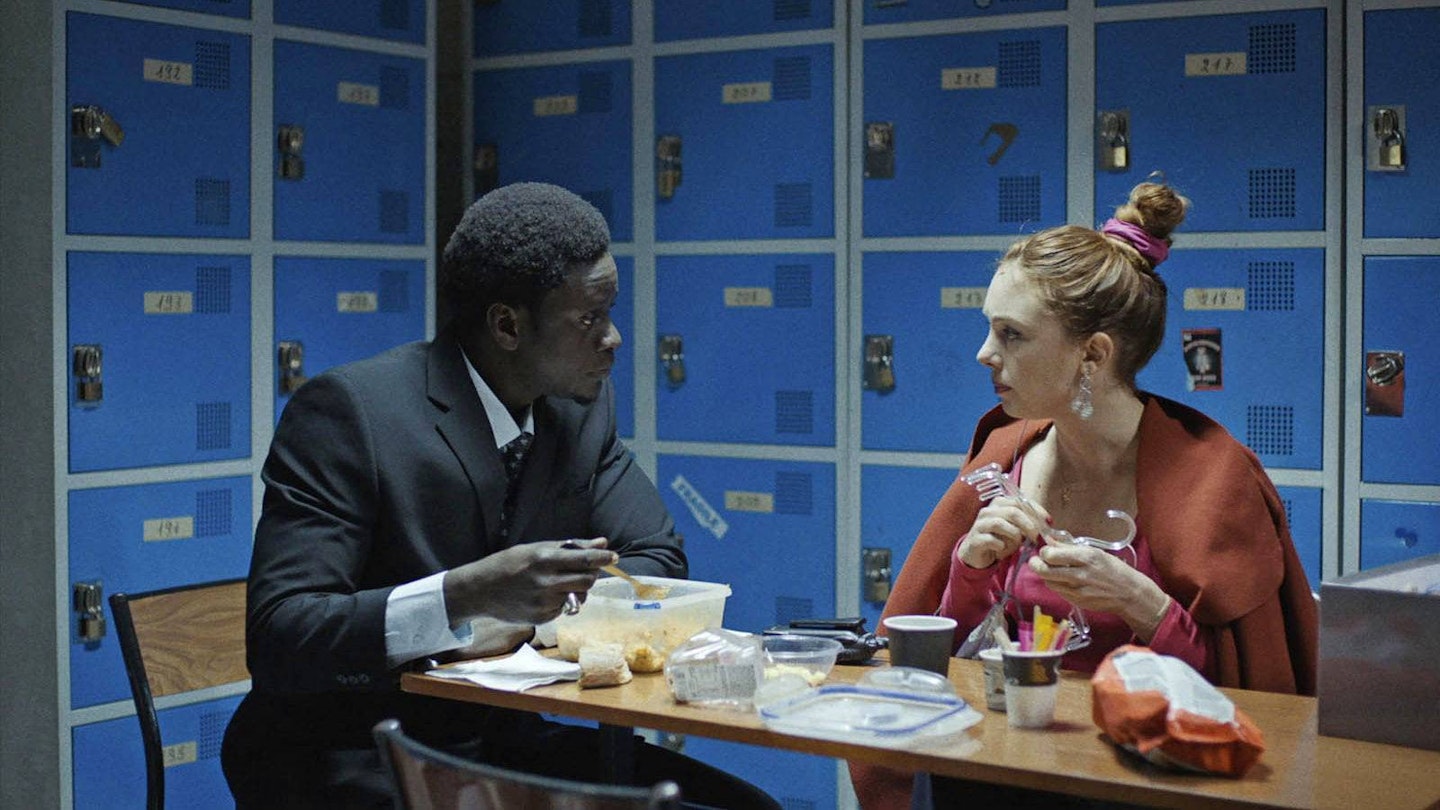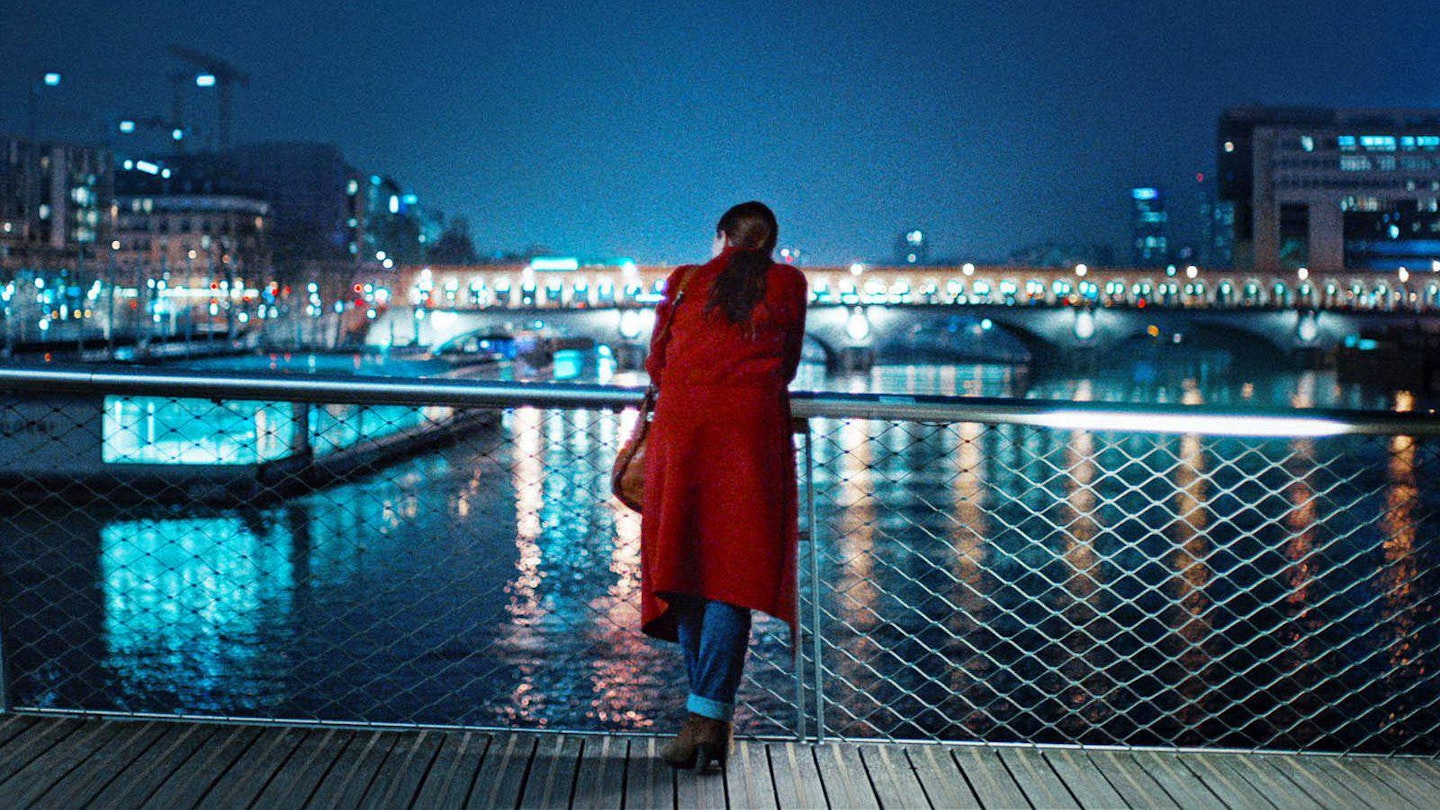Léonor Serraille won the Caméra d’or for Best First Film at Cannes for Jeune Femme, and it’s easy to see why from the very first shot of thirtysomething Paula Simonian (Laetitia Dosch) knocking herself unconscious in trying to break down her ex-lover’s door. Without quite getting round to telling a story or letting us into the mind of her loose cannon protagonist, Serraile somehow sustains this ferocious energy through 97 minutes of fearless film-making.
The presence of a maltreated feline makes it tempting to compare Paula with Holly Golightly in Blake Edwards’s Breakfast At Tiffany’s. But there are also echoes of the anti-heroines in Agnès Varda’s Cleo From 5 To 7 and Vagabond, as well as the characters played by Dree Hemingway in Sean Baker’s Starlet and Greta Gerwig in Noah Baumbach’s Frances Ha, in a performance of stunning vivacity and virtuosity.
Viewing the world with one green and one hazel eye, Paula has a talent to annoy that sees her alienate the photographer she helped make famous, the pregnant friend who offers her a bed for the night, a chic stranger who mistakes her for an old classmate, the dancer whose daughter she is babysitting and her own despairing mother. Only a fluffy white cat named Muchaca and a black security guard at the Montparnasse mall where Paula works on a lingerie stall seem willing to put up with her. But she is only just coming to terms with herself and Serraille uses her rite of passage to explore the shifting attitudes and expectations that have put millennials into a cruel and confusing spin.

Dosch is sensational as the irresistibly resistible title character. But, indebted as it is to Émilie Noblet’s graceful photography, Valérie Valéro’s evocative design and Clémence Carré’s pugnacious editing, Serraille’s exhilarating direction is even more impressive.
